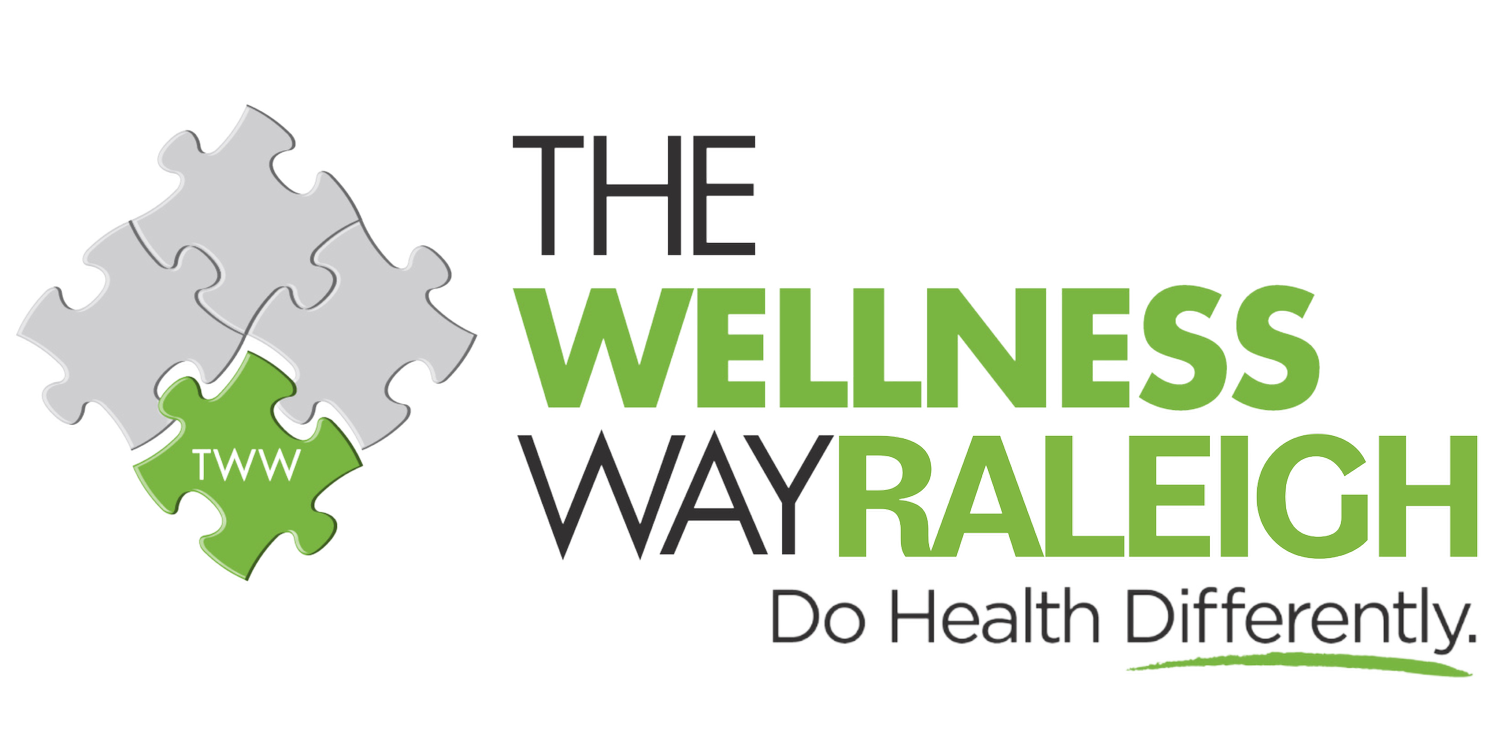4 Common Symptoms of Mold Exposure
Mold is a silent intruder that can take root in your home or workplace without your knowledge. Exposure to mold can lead to a variety of health issues, many of which may be mistaken for other common ailments. In this blog, we'll shed light on four common symptoms of mold exposure so that you can recognize the signs and take action if needed.
1. Respiratory Problems:
One of the most prevalent symptoms of mold exposure is respiratory distress. Mold spores can become airborne and be inhaled into your lungs, causing a range of respiratory issues. These may include:
Coughing: Persistent or worsening coughing, especially if accompanied by phlegm production, can be a sign of mold-related respiratory problems.
Wheezing: Mold exposure can trigger or exacerbate asthma symptoms, leading to wheezing, chest tightness, and shortness of breath.
Sinus Congestion: Mold can irritate your sinuses, resulting in chronic sinusitis, nasal congestion, and frequent sinus headaches.
2. Allergic Reactions:
Mold exposure can trigger allergic reactions in sensitive individuals. Common allergic symptoms associated with mold exposure include:
Sneezing: Frequent or uncontrollable sneezing, particularly in specific indoor environments, may indicate mold presence.
Runny or Itchy Nose: Mold can irritate nasal passages, leading to a runny or itchy nose.
Watery Eyes: Allergic reactions to mold can cause watery, itchy, or red eyes.
3. Skin Issues:
Mold exposure can affect the skin, leading to various dermatological symptoms, such as:
Rashes: Mold-related skin rashes can manifest as redness, itching, and discomfort.
Hives: Raised, itchy welts known as hives can develop in response to mold allergens.
4. Cognitive and Neurological Symptoms:
In some cases, mold exposure can lead to cognitive and neurological symptoms, which may be subtle but impactful. These symptoms may include:
Memory Issues: Difficulty concentrating, memory problems, and brain fog can result from mold exposure.
Headaches: Frequent or chronic headaches can be triggered by mold exposure, especially in mold-infested environments.
Recognizing these common symptoms of mold exposure is crucial for safeguarding your health and well-being. If you suspect mold-related issues, it's essential to take proactive steps to address them. Consider taking a urine mold test to assess your body's exposure to mold toxins. This test can provide valuable insights into your mold-related health status.
Additionally, don't forget to assess your living or working environment for mold presence. Conducting mold testing in your surroundings is equally important, as it allows you to identify and eliminate the source of mold, reducing the risk of continued exposure.
Your health is worth the effort. To get started, set up an appointment with us at The Wellness Way Raleigh.

